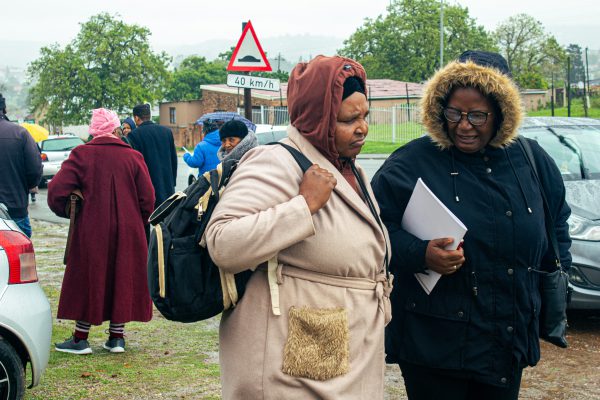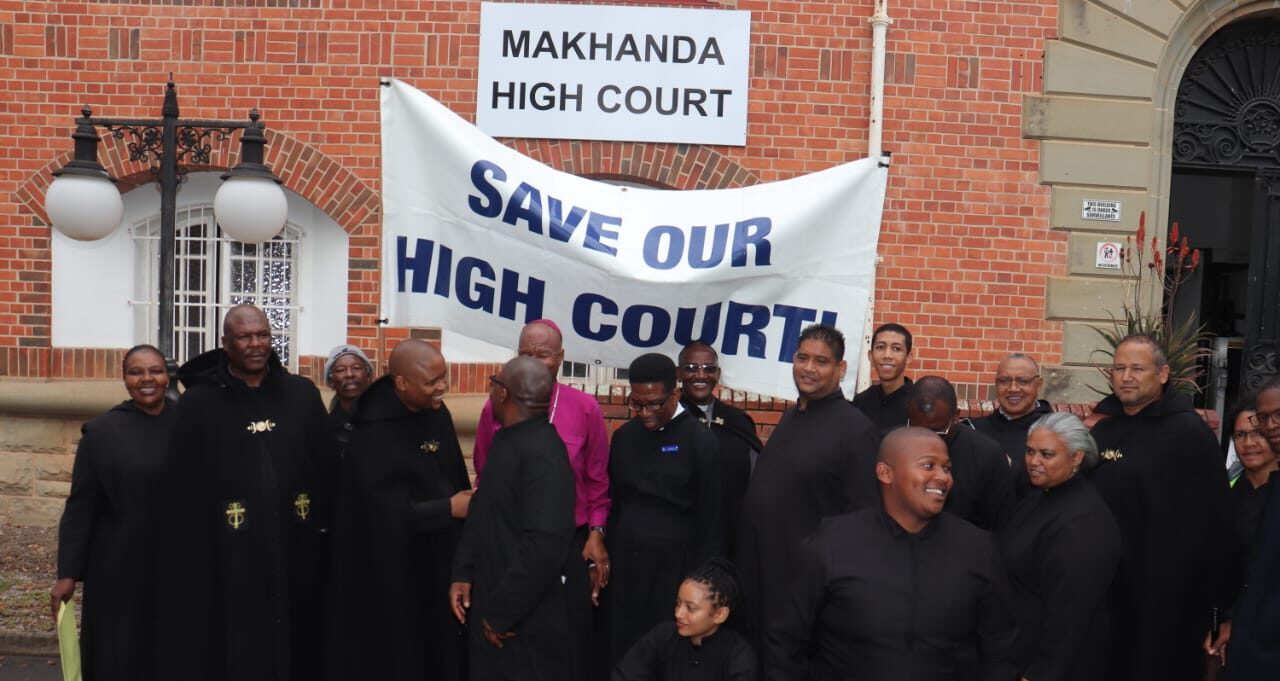By Buhle Andisiwe Made
In response to a letter sent to the constituency by UDM president and Member of Parliament Bantu Holomisa, he highlighted the dismal state of infrastructure in Makhanda, the proposed regulations seeking to regulate the pension benefit of military veterans and the re-employment of resigned teachers. Holomisa also lamented the non-functionality of the police services, as stated by the community of the small town.
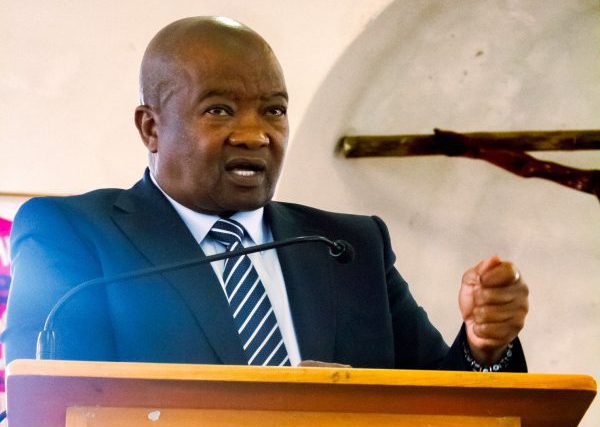
Minister of Justice and Correctional Services Ronald Lamola retorted by focusing on the removal of the High Court in Makhanda, where he mentions the Rationalisation Committee – divisions of the High Court and Judicial Establishments established to resolve the “unjust” situation and comply with the constitutional injunction to rationalise the jurisdictions of all courts to establish a judicial system suited to the requirements of the Constitution. Lamola highlighted the committee’s efforts in relocating the main seat of the Eastern Cape Division of the High Court from Makhanda to the province’s capital, Bhisho.
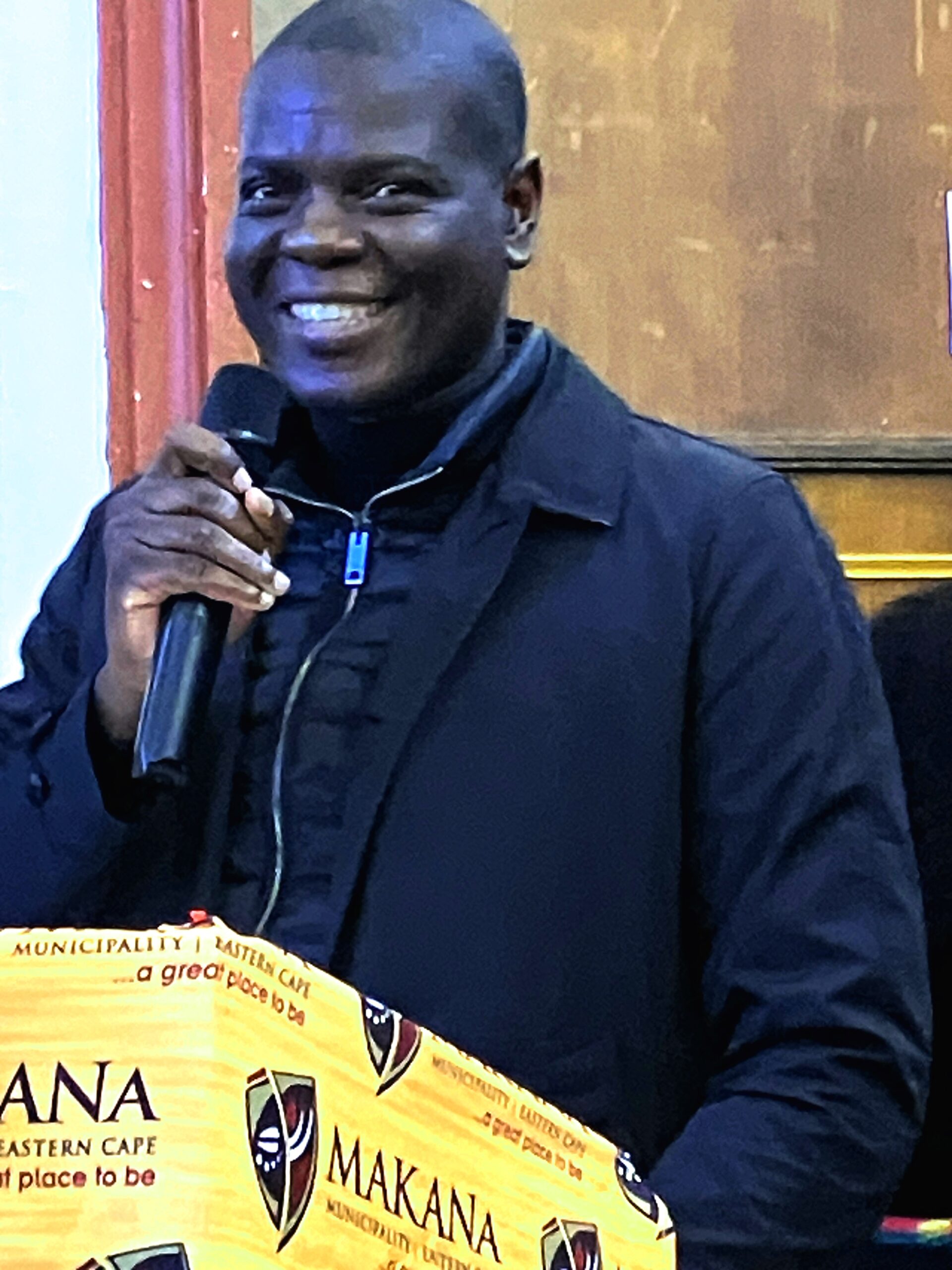
“The Rationalisation Committee consulted widely and submitted an interim report in November 2022, which recommended moving the main seat of the Eastern Cape Division of the High Court to Bhisho,” the minister stated. The Rationalisation Committee solicited feedback on the recommendations in its interim report to guarantee transparency and impartiality. The Makhanda High Court Action Committee was offered an opportunity to make oral submissions to the Rationalisation Committee, and numerous parties also submitted written submissions. However, the consensus from the submissions made to the committee was an overwhelming notion that the relocation would improve access to justice.
The Rationalisation Committee’s submissions seemed to lie contradictory to what community members in Makhanda had previously stated in a meeting with Holomisa on 9 October. South African National Civic Organisation’s (Sanco) member Xolani Simakuhle had commented that the process would be influenced and infiltrated by political narratives. “This is a declaration that moving the High Court from Makhanda destroys the town’s tradition and opens the door to corruption and malpractice.”
In addition to the statement, Rhodes vice-chancellor, Professor Sizwe Mabizela, who is also the vice chair of the Makhanda High Court Action Committee, wrote his own letter addressing President Cyril Ramaphoa, concerning the proposed move. Prof Mabizela opposed it and stated: “Moving the main seat will not improve access to justice.”
Mabizela pointed out that relocating the main seat would also necessitate significant capital expenditure estimated to be at a minimum of R1 billion when economic discipline is critical. This would imply discarding existing infrastructure needlessly. Moreover, it is likely to result in the collapse of the Makhanda High Court, inflicting severe unemployment and misery in the region, he asserted.
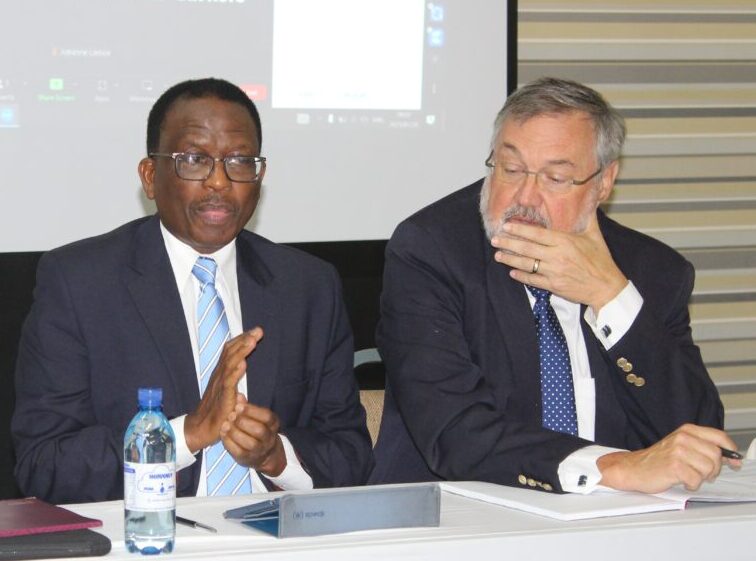
Lamola mentioned that in his recent visit to the town, it became apparent that the Makhanda Municipality and all the community’s relevant stakeholders’ original concerns regarding the closure of the Makhanda High Court had spread falsehoods. It had been proposed that the transfer of the court would result in major job losses, with Prof Emeritus GG Antrobus anticipating 5 000 job losses. The minister emphasized that no official study supported such claims and clarified that it is difficult to determine the kind of impact there would be.
Holomisa stated that whether they agreed or disagreed with Lamola, he was grateful for the prompt response to the people of Makhanda. He said the community has the right to determine the next steps after the minister’s response. Holomisa keenly awaits further responses from the rest of the constituency, he added.
Citizens of Makhanda are reluctant to have the High Court removed from the town and pleaded with the constituency to revisit their recommendation. Prof Mabizela wrote: “Makhanda’s loss will not be Bhisho’s gain.”
